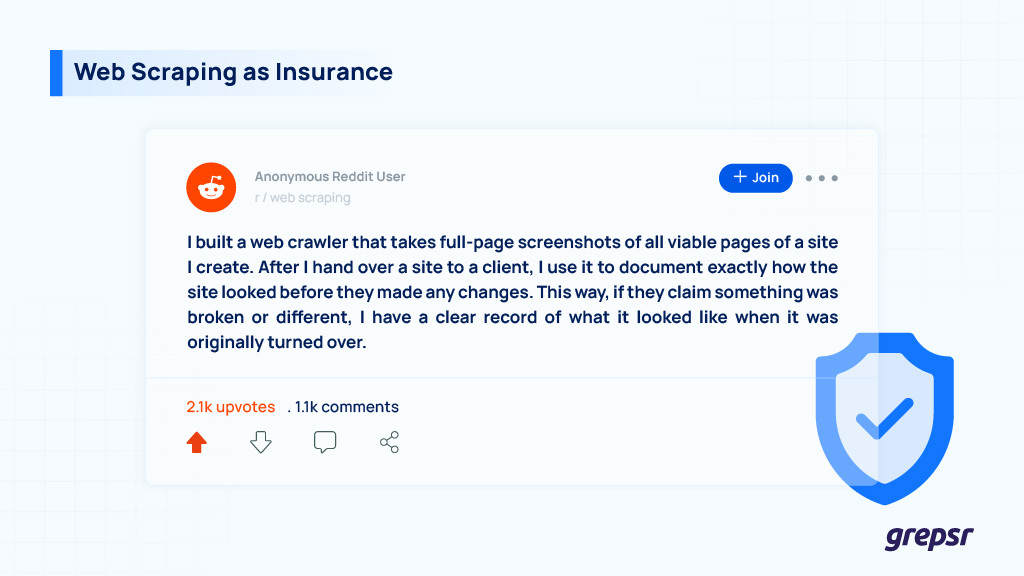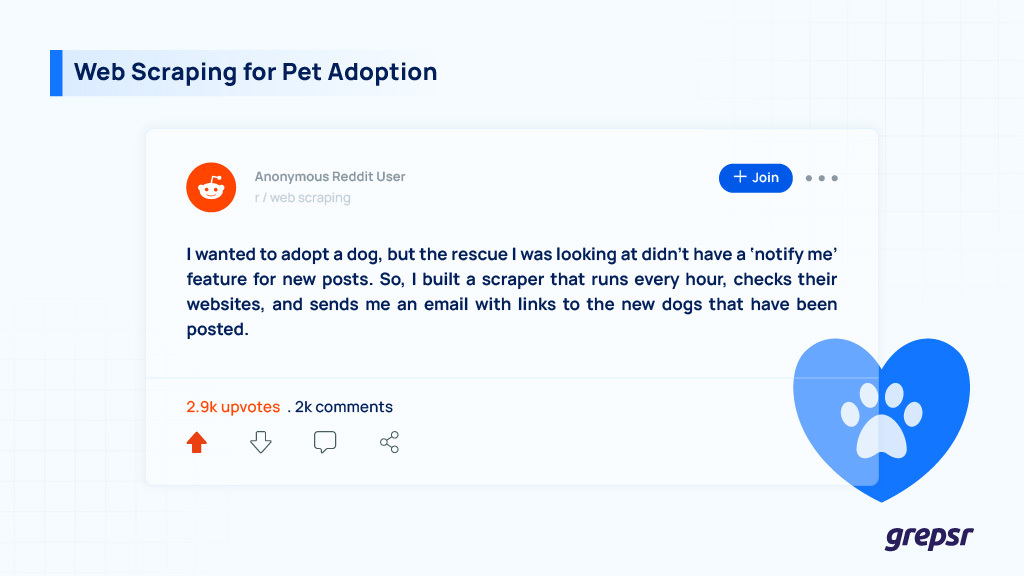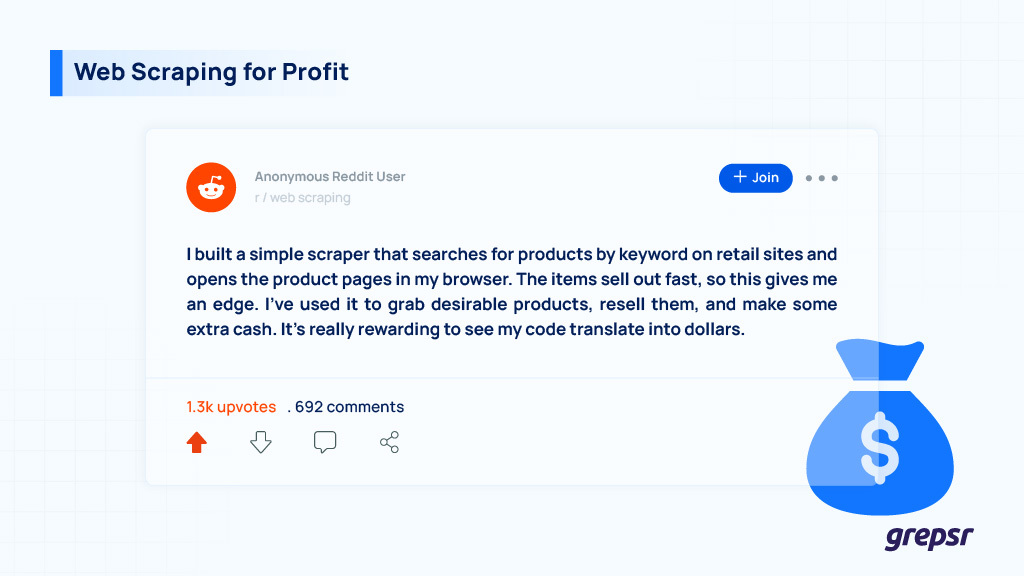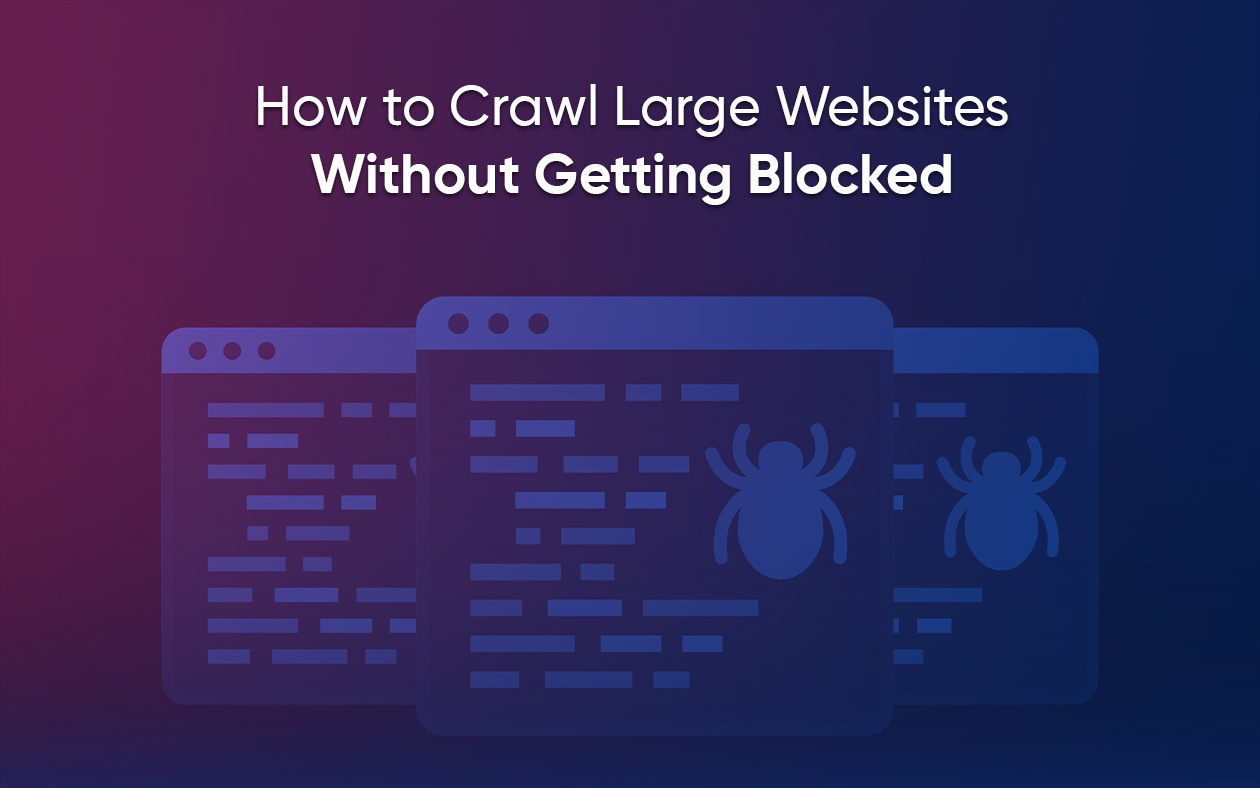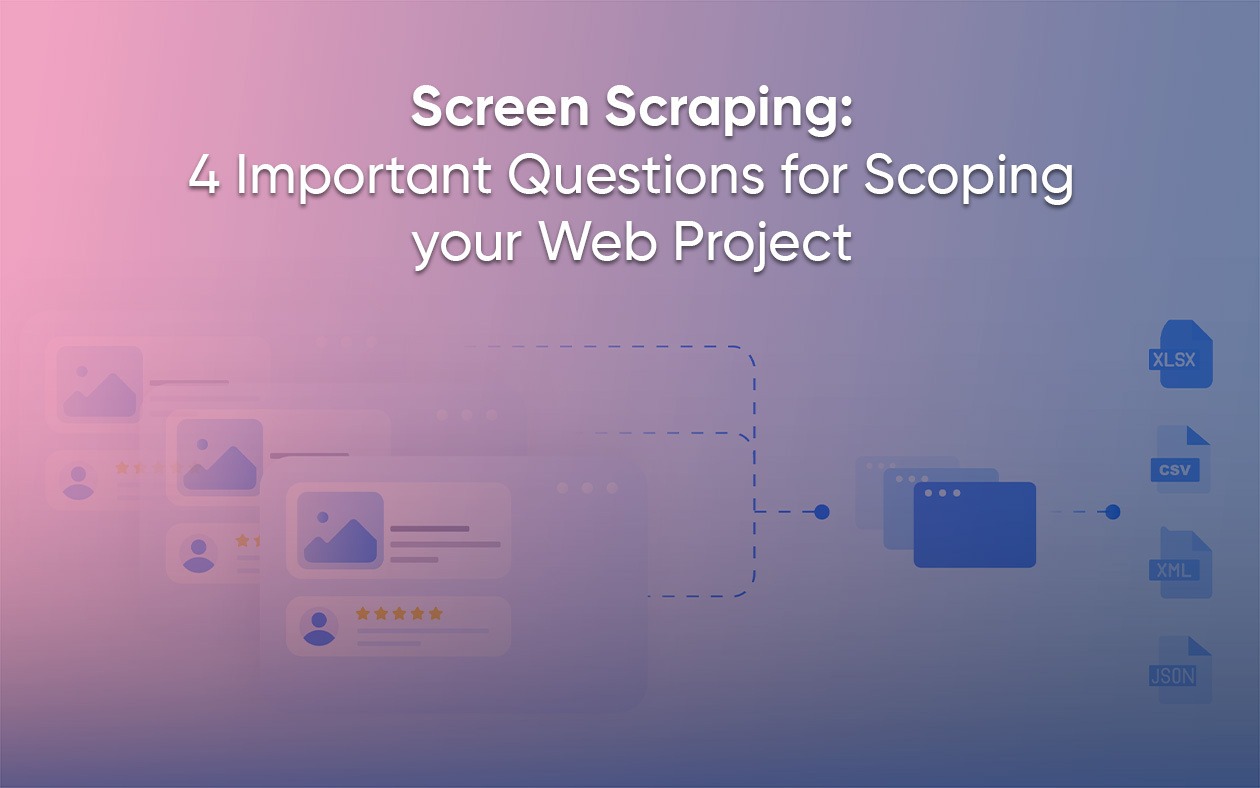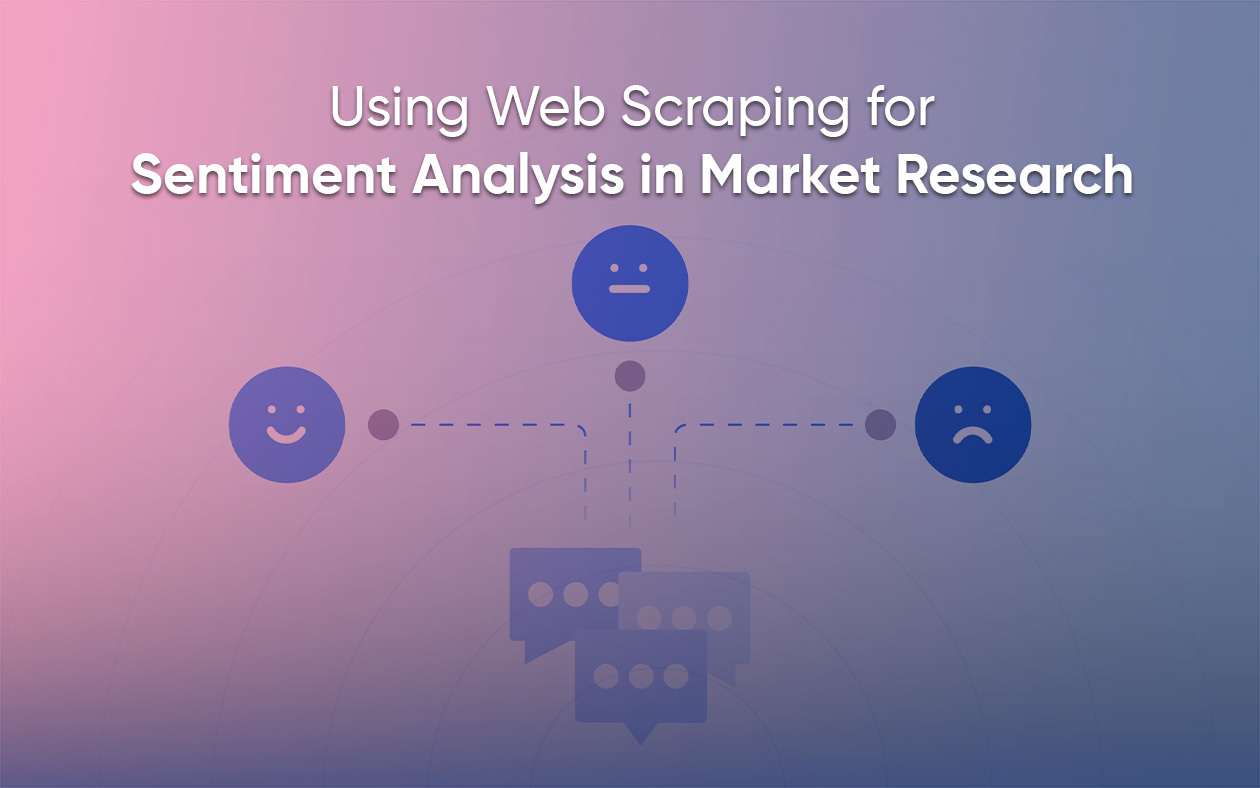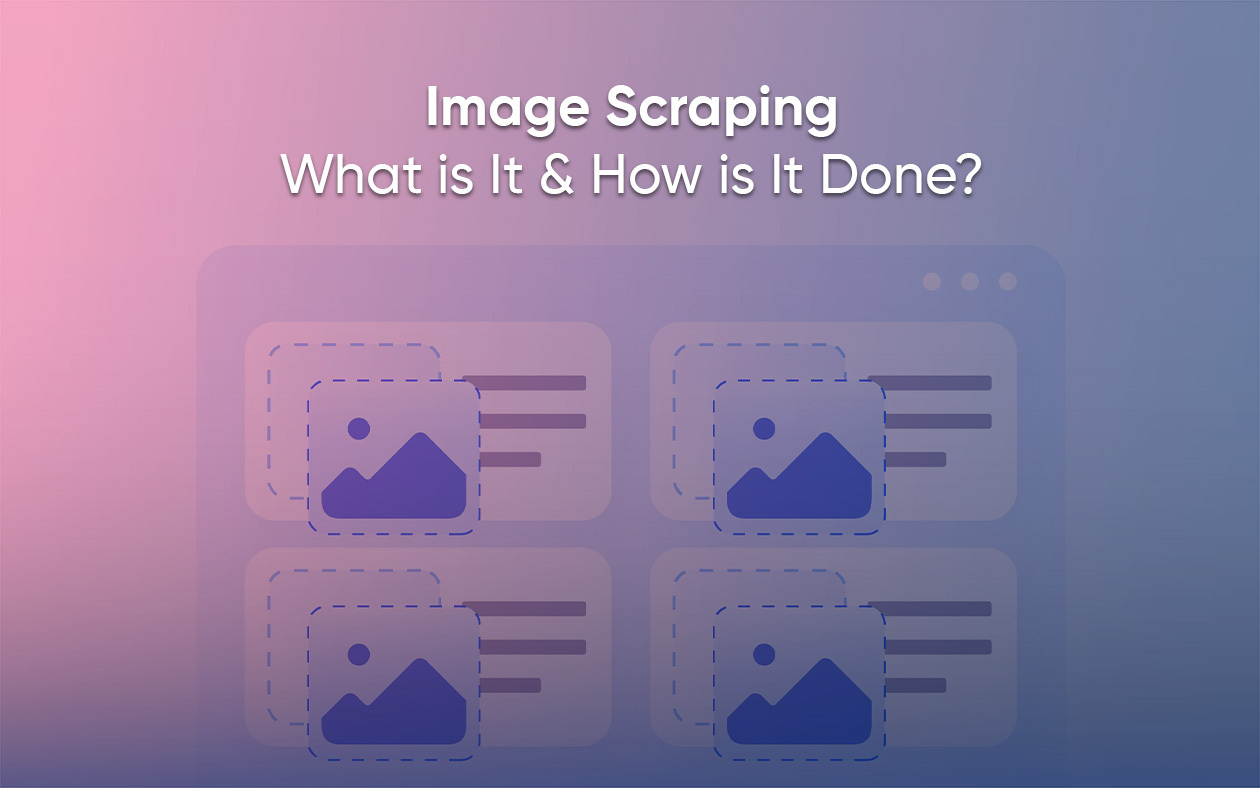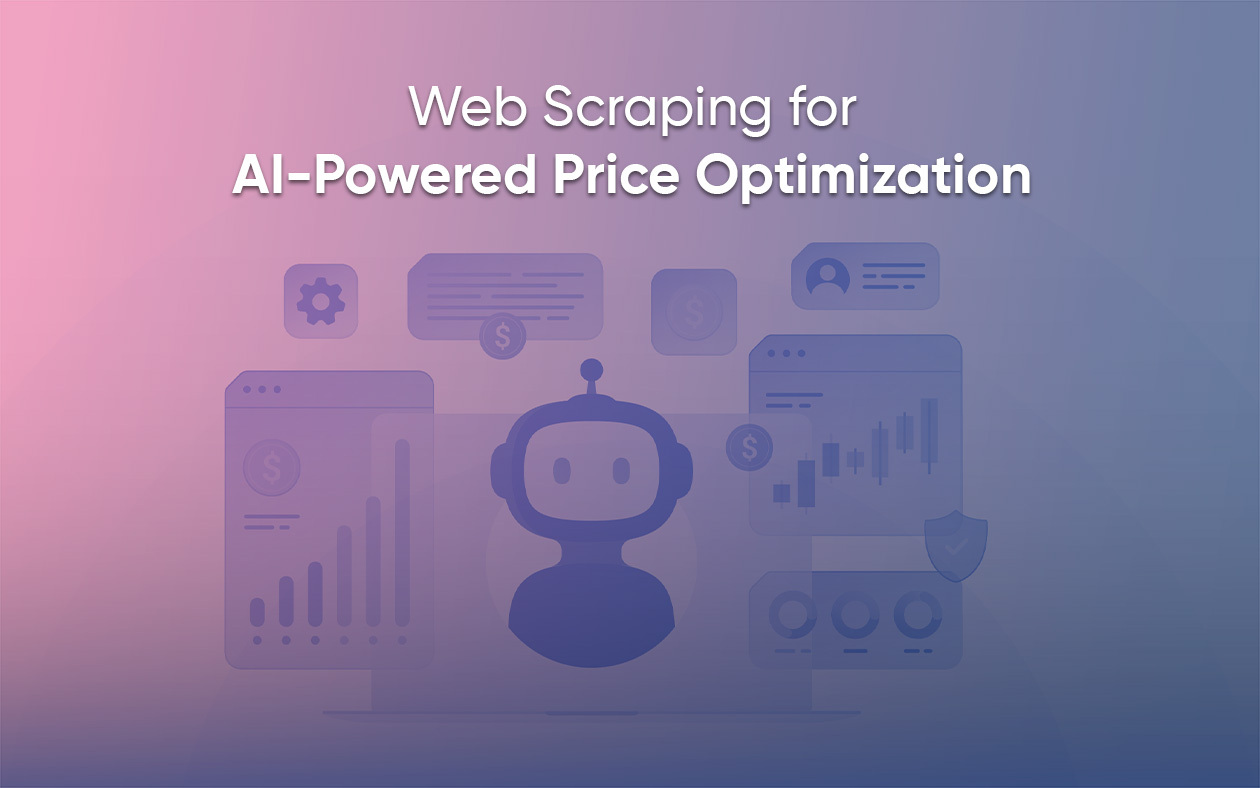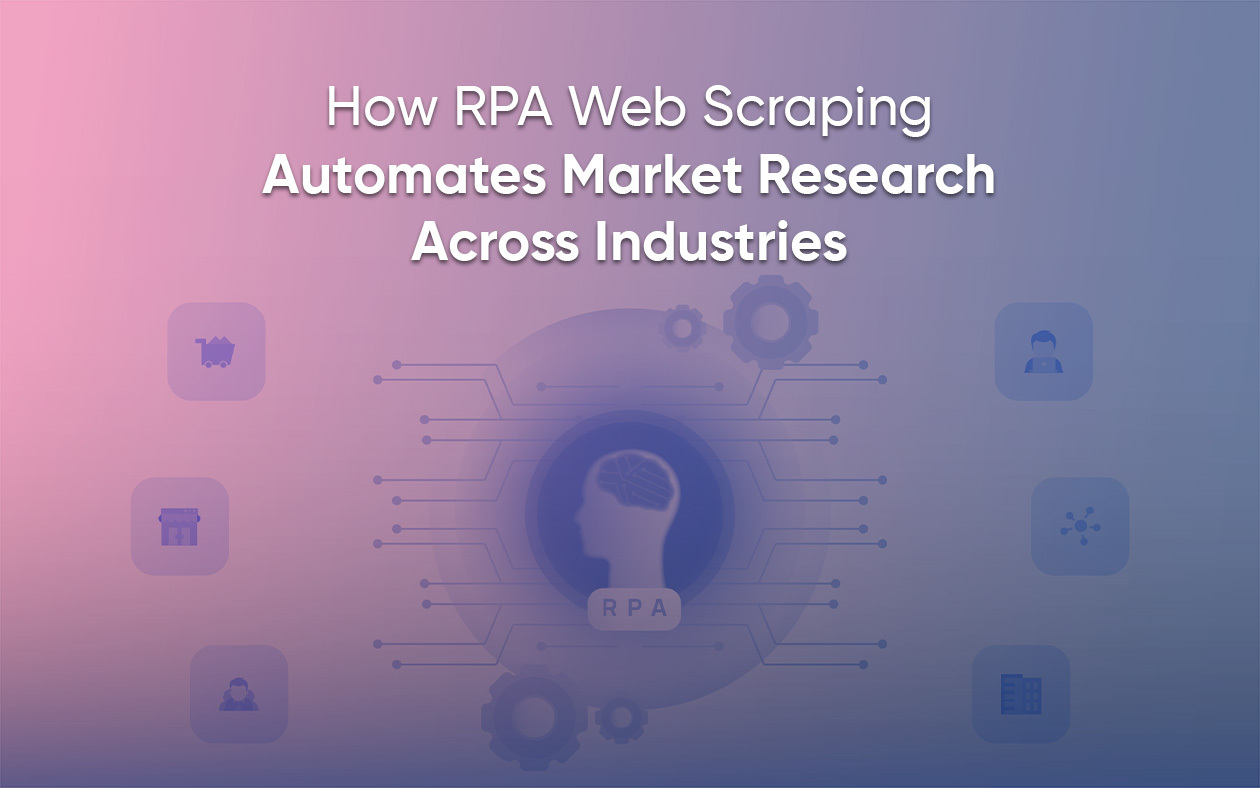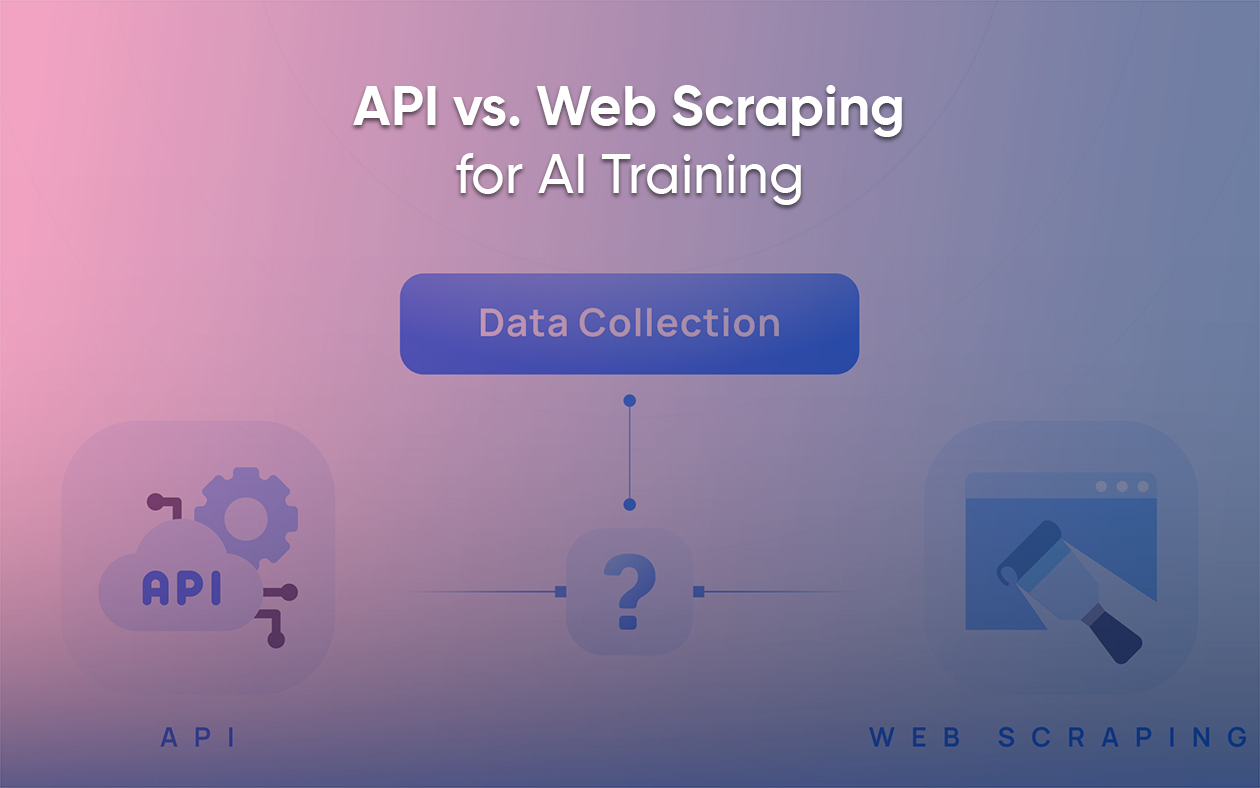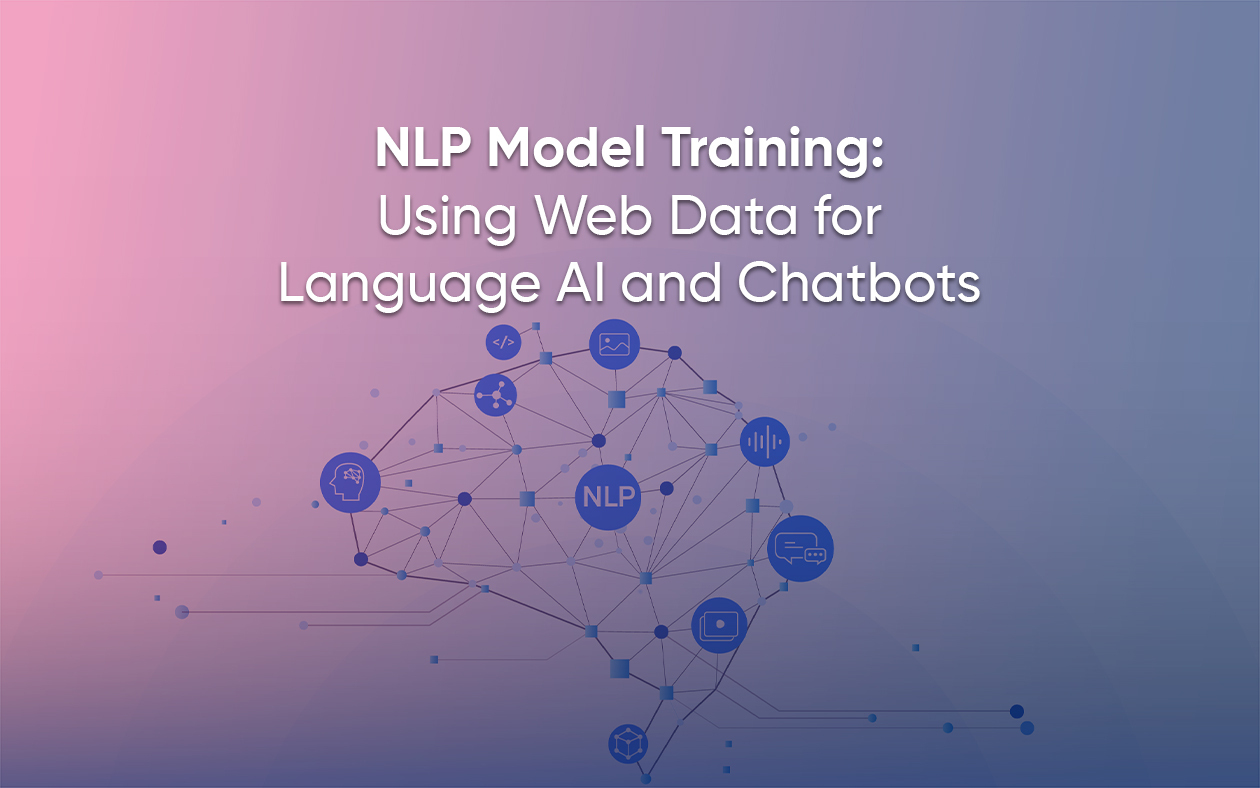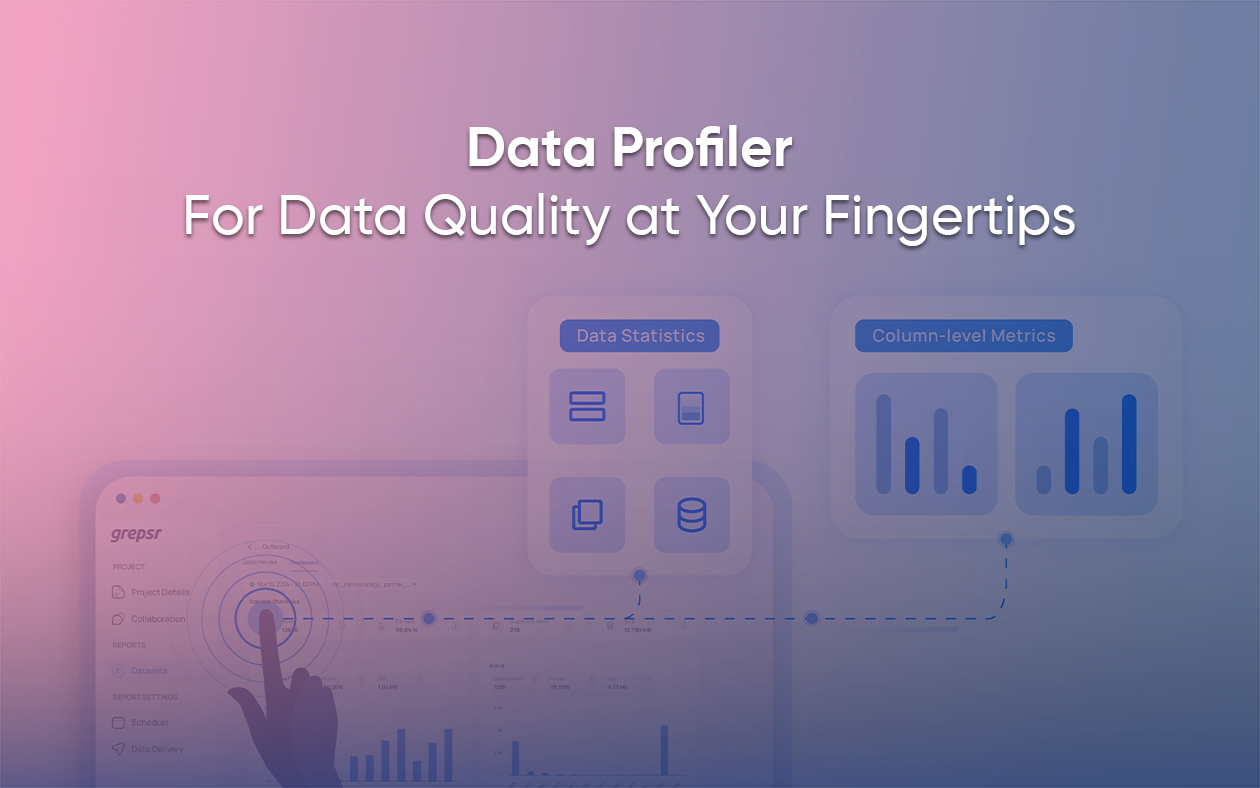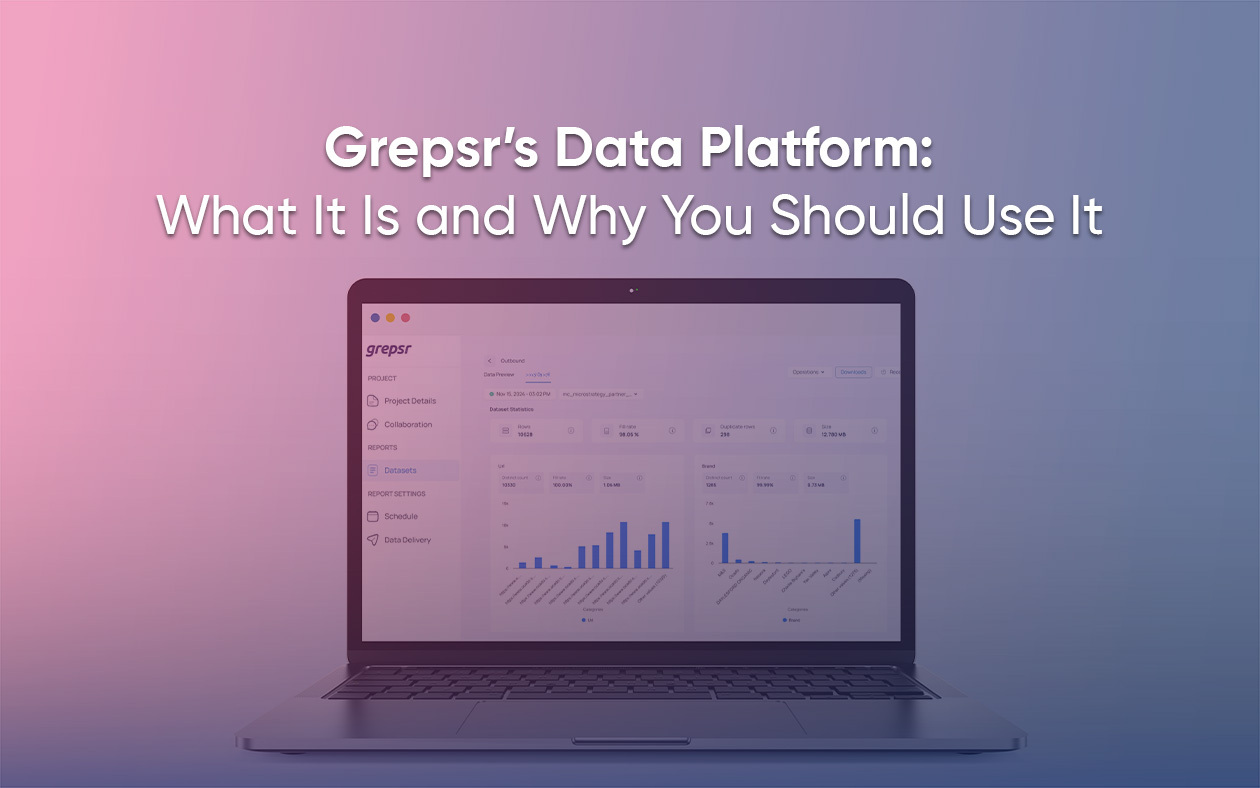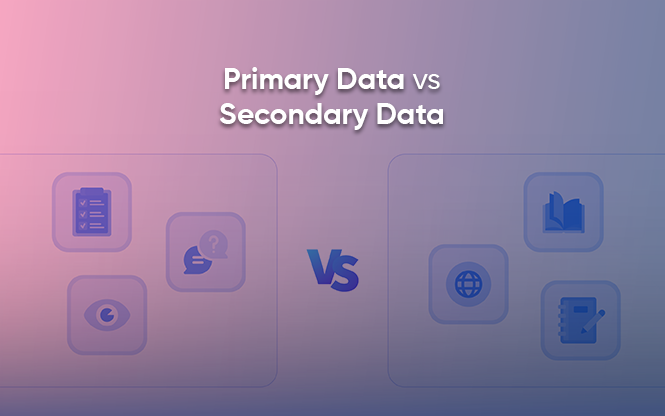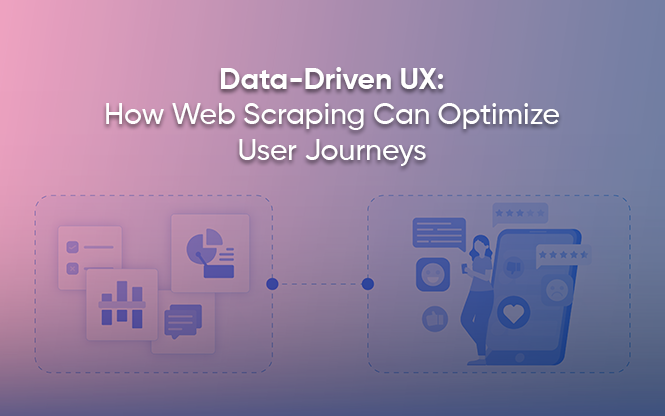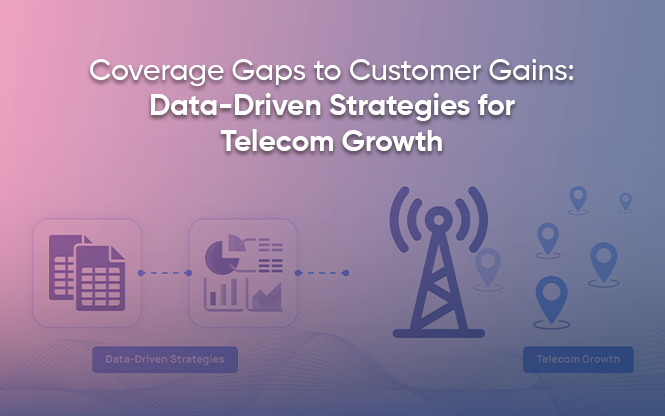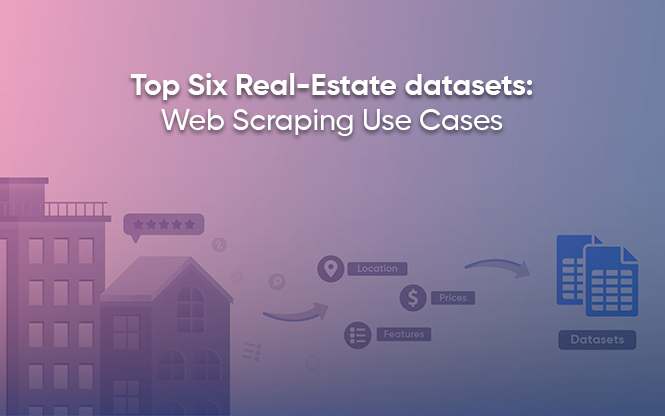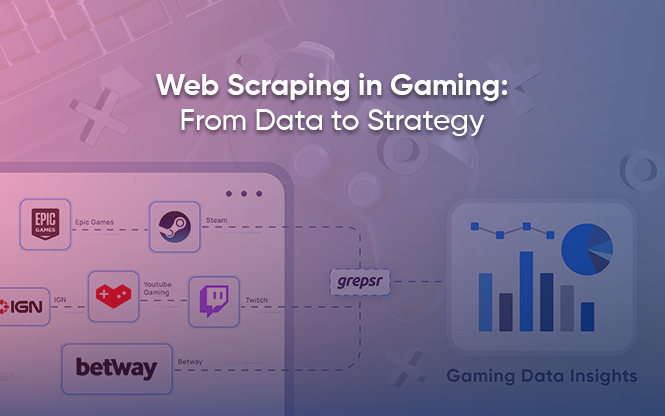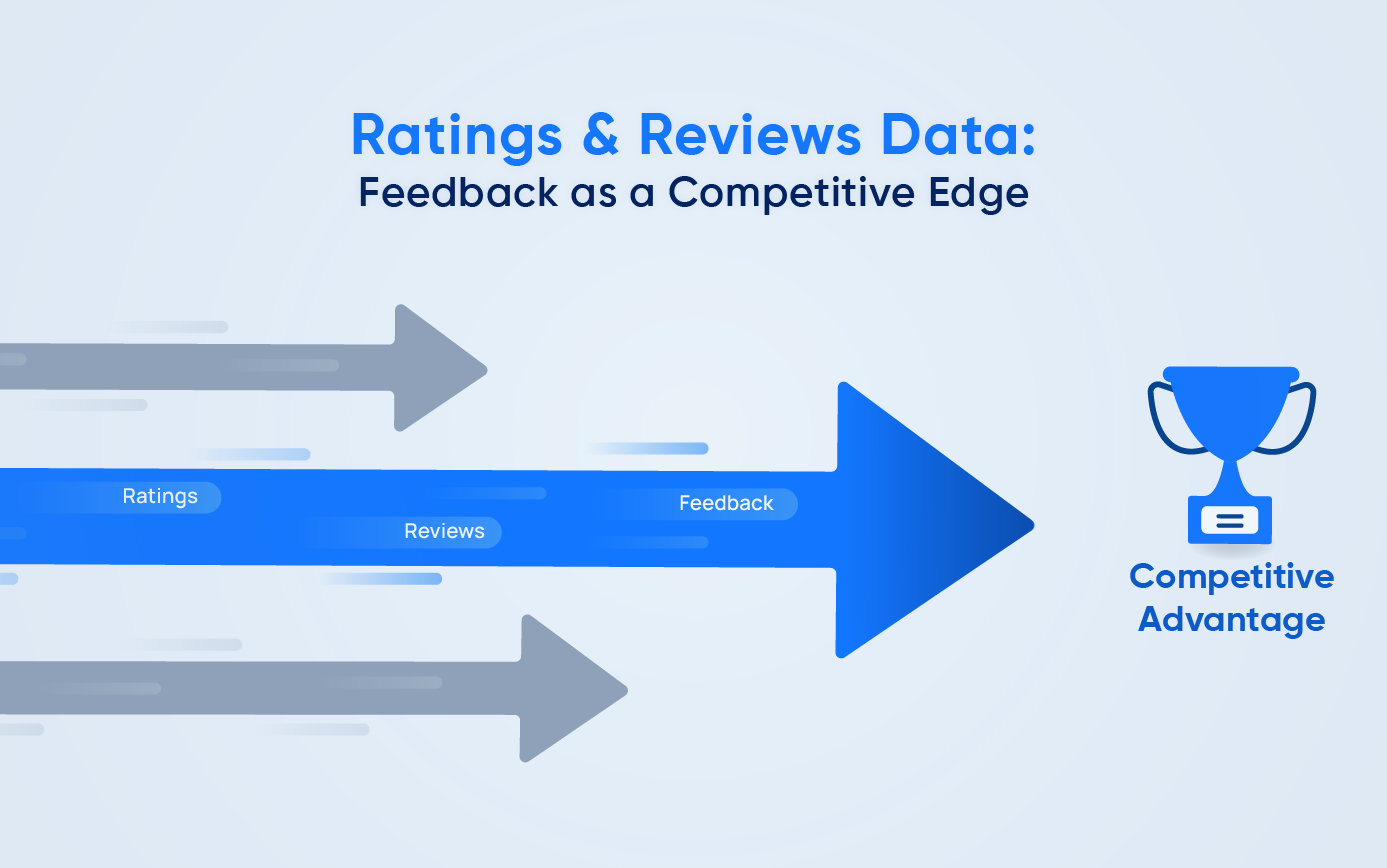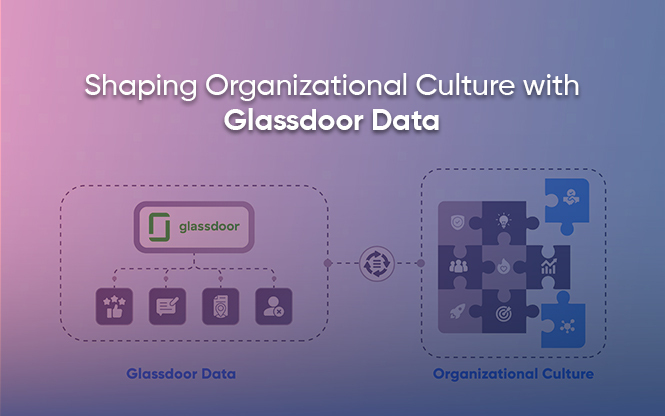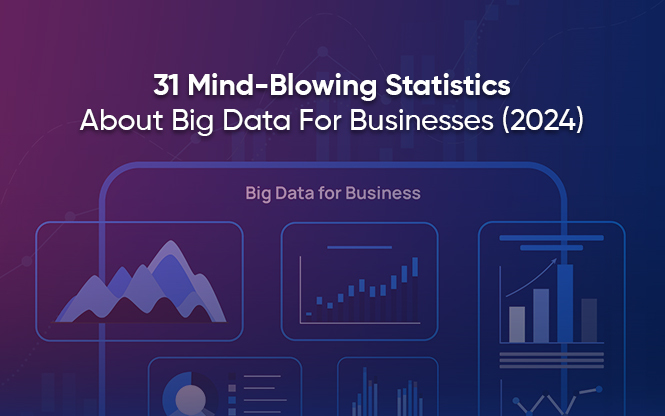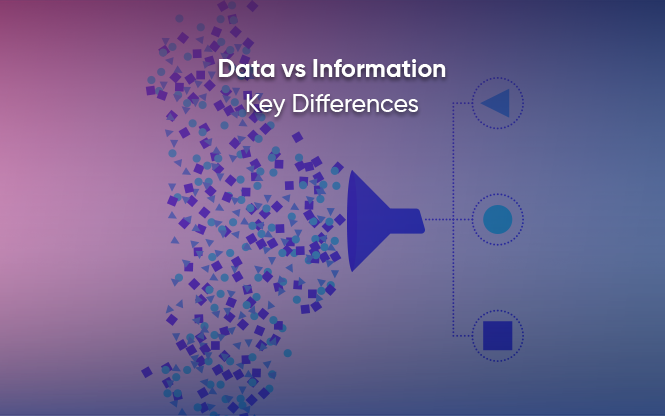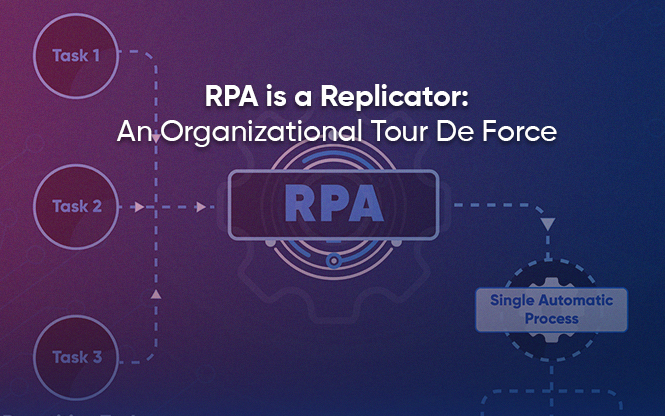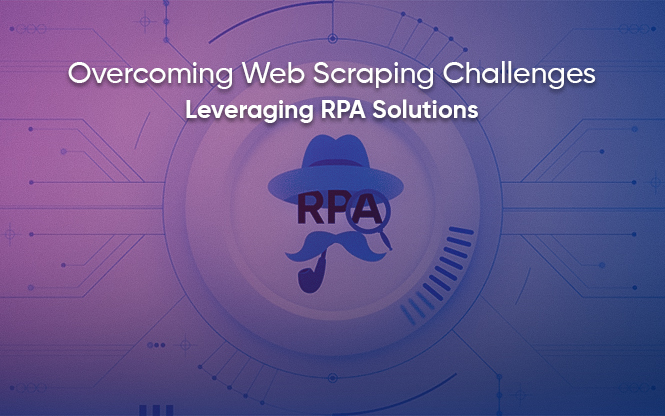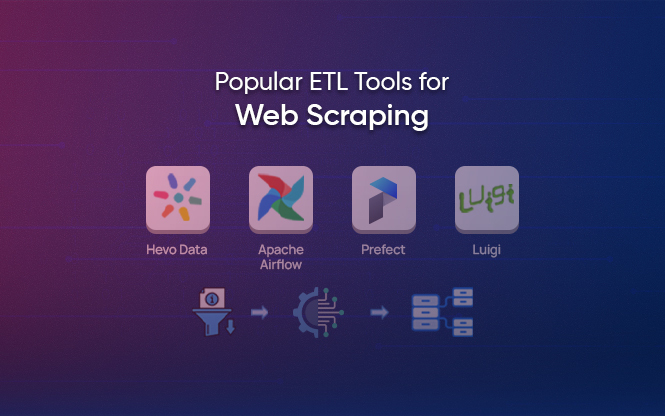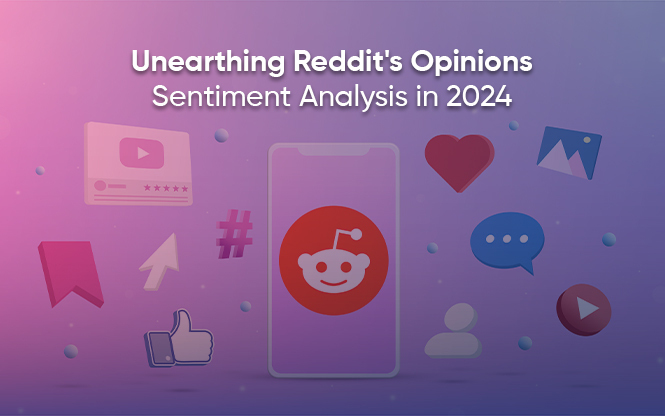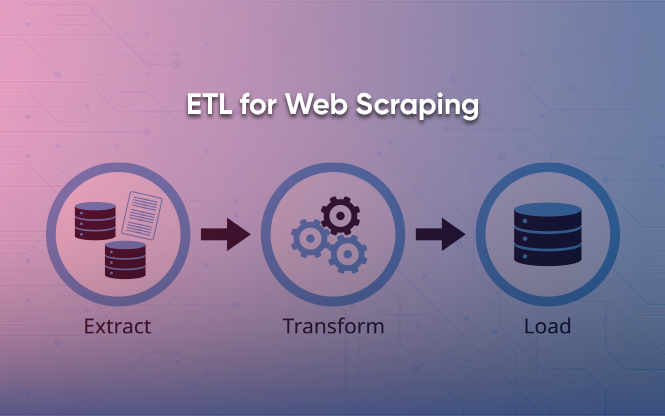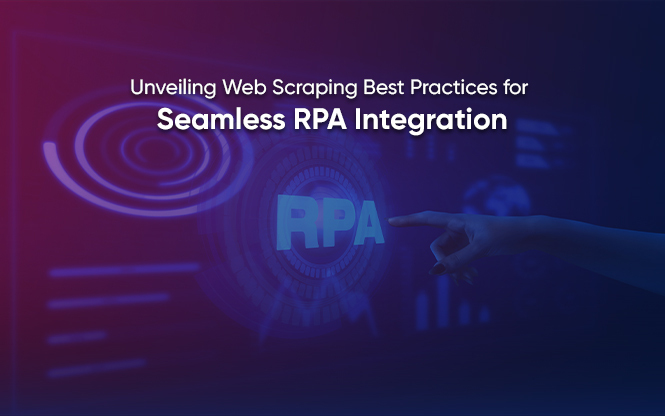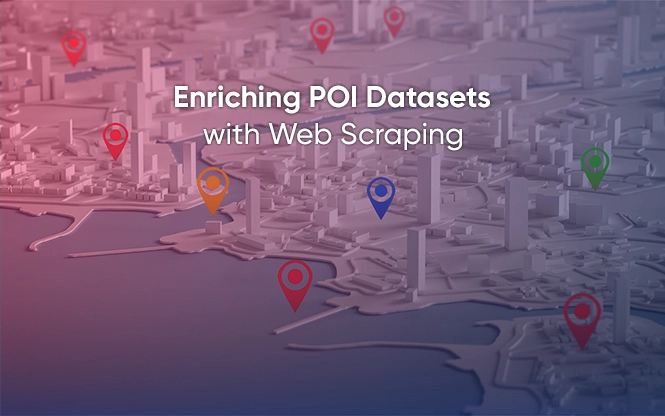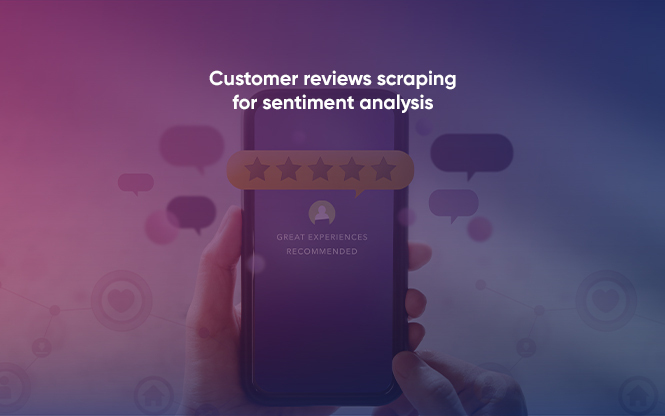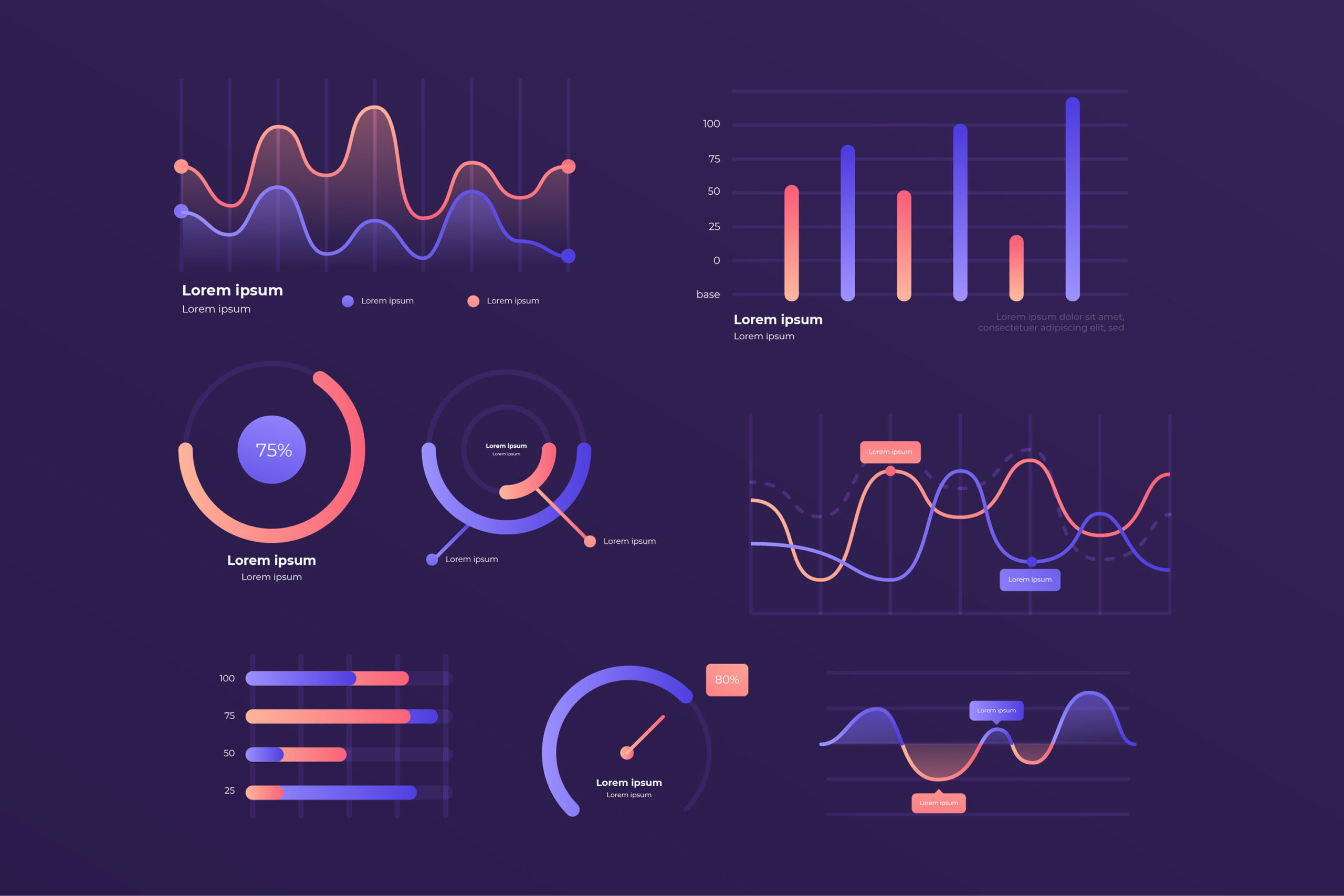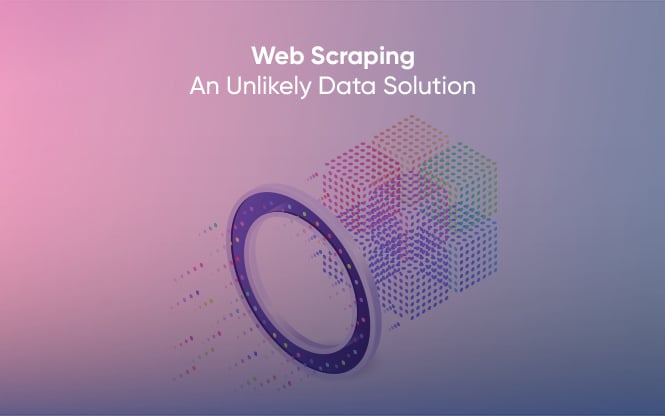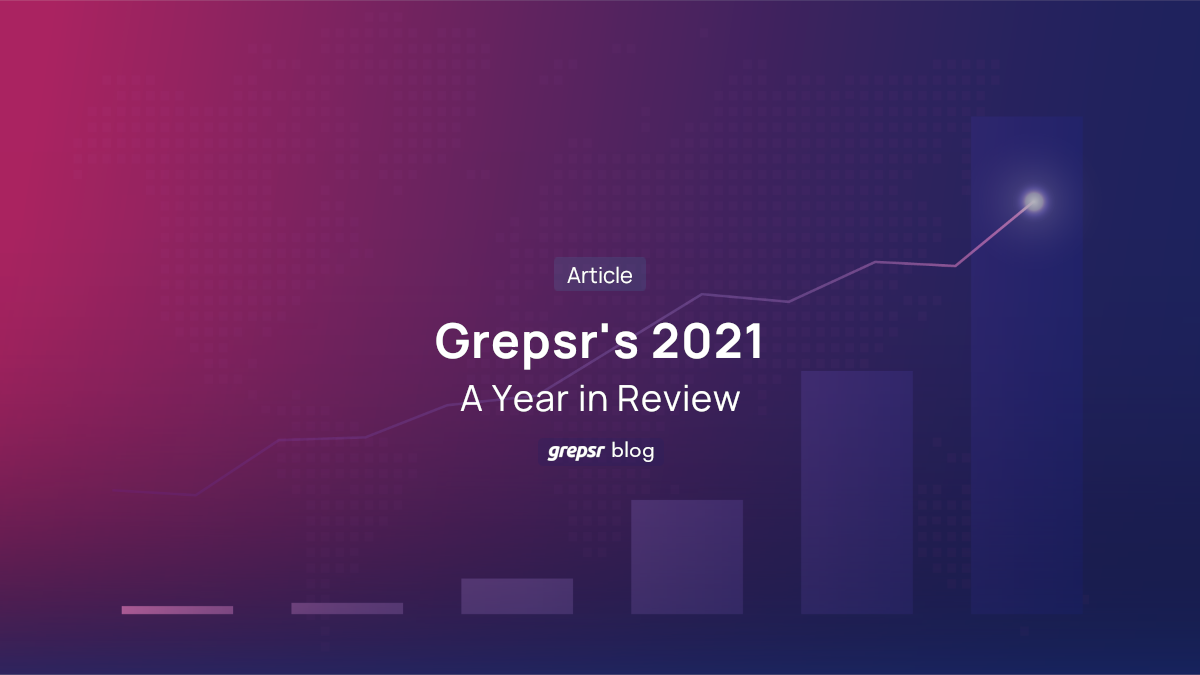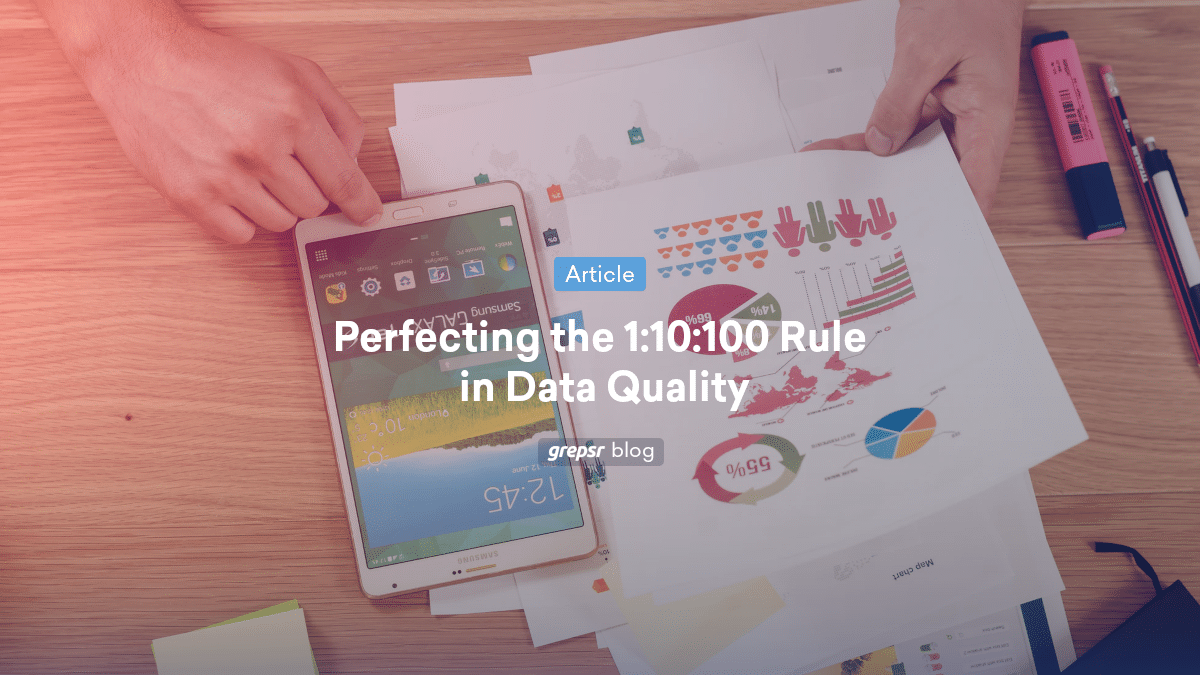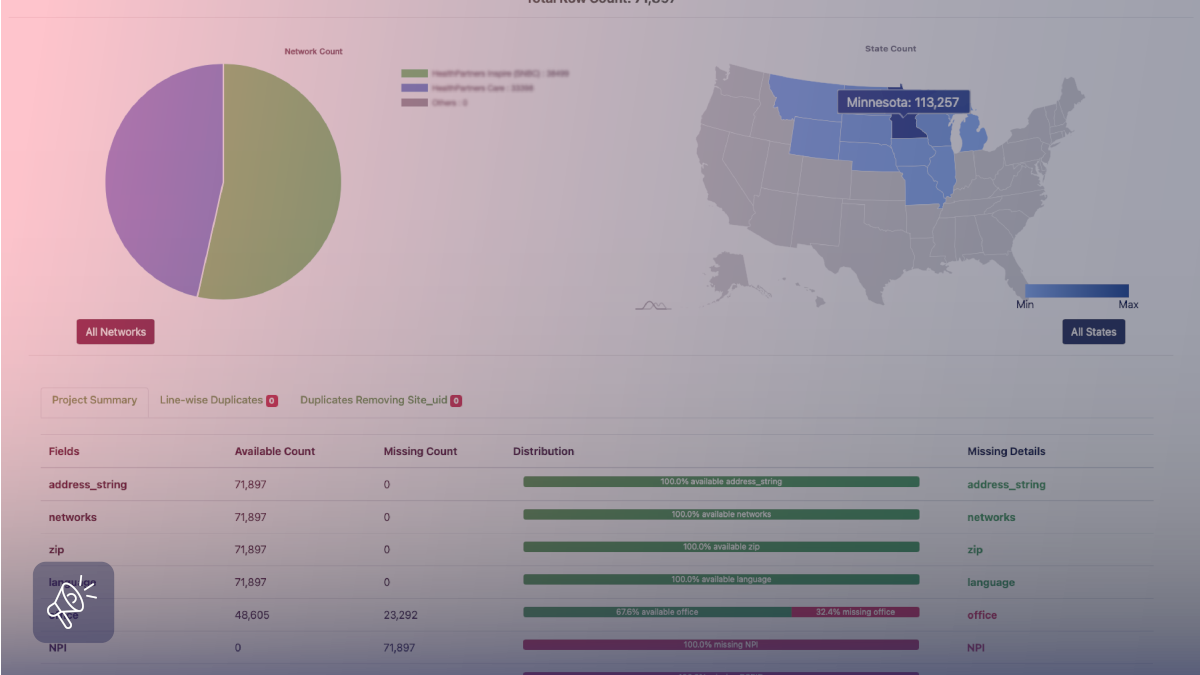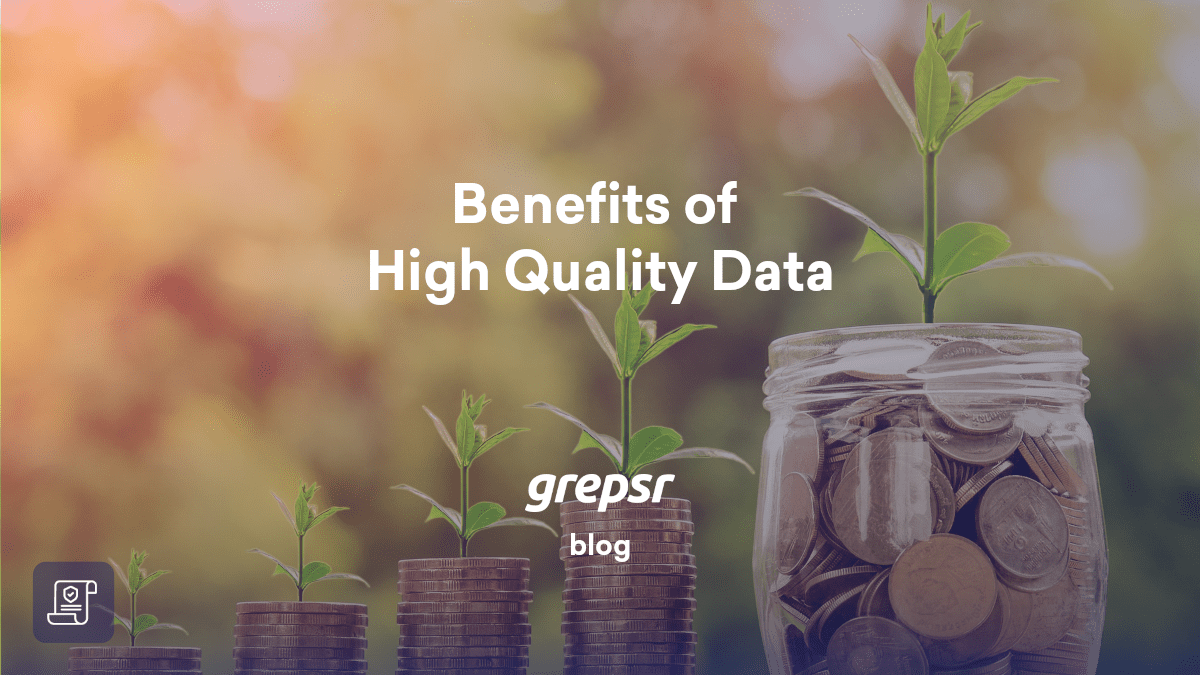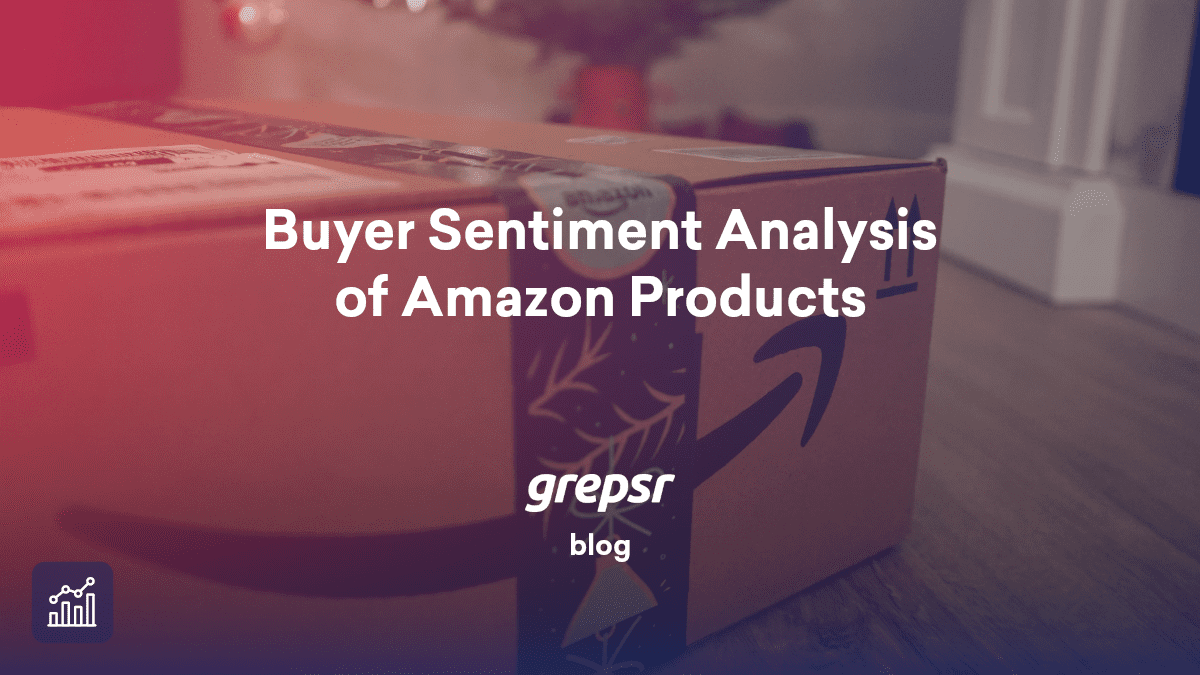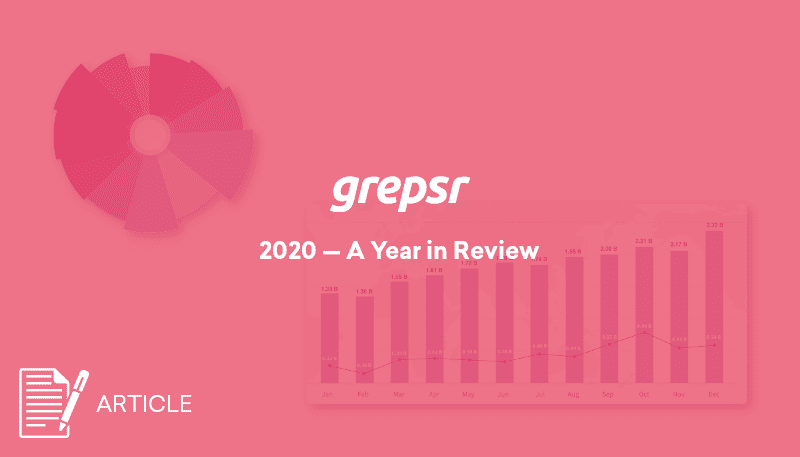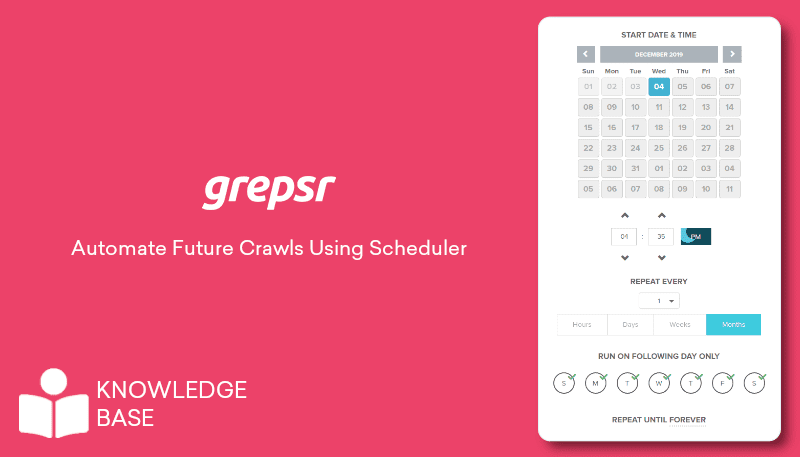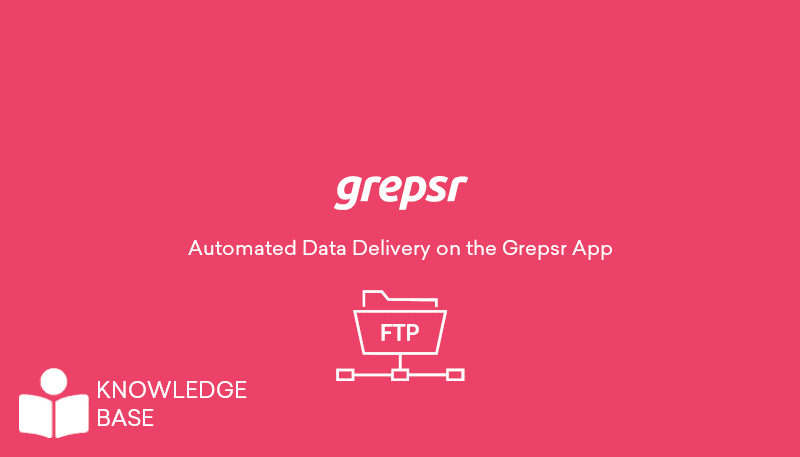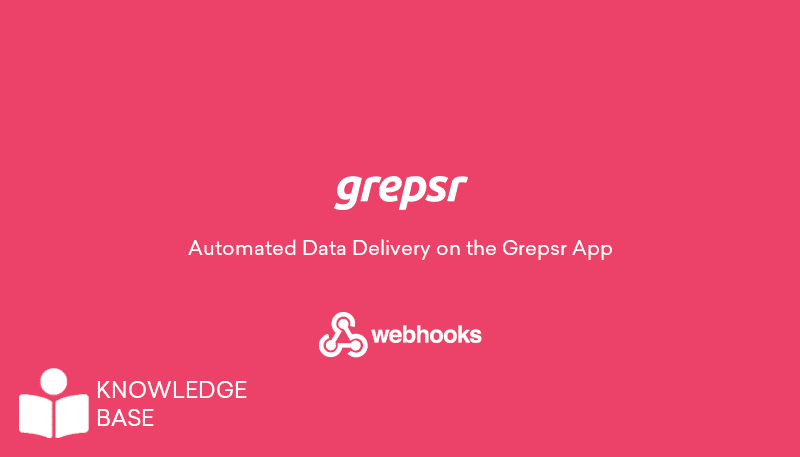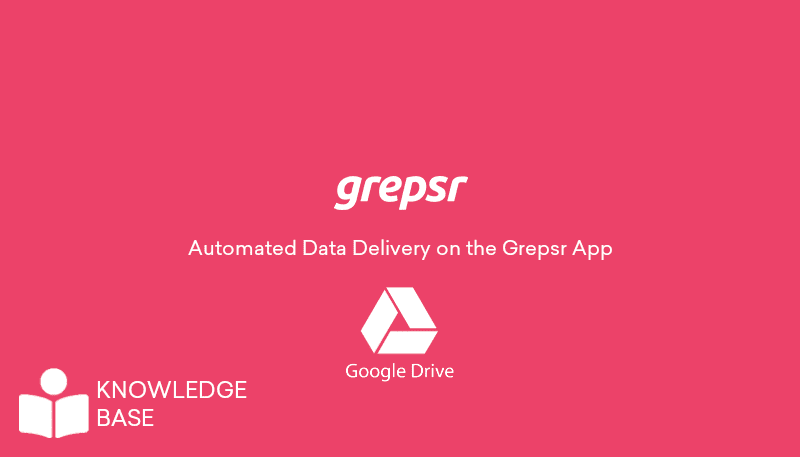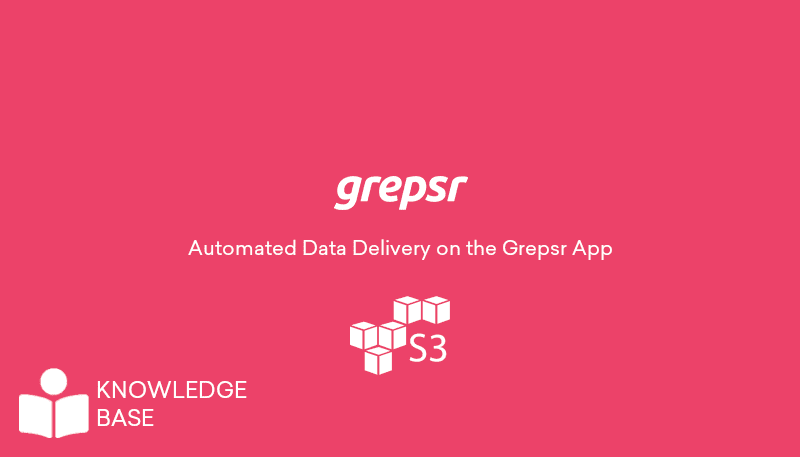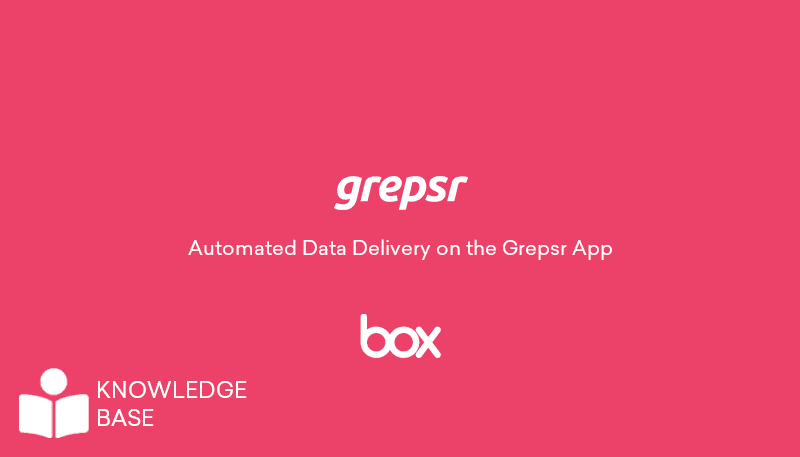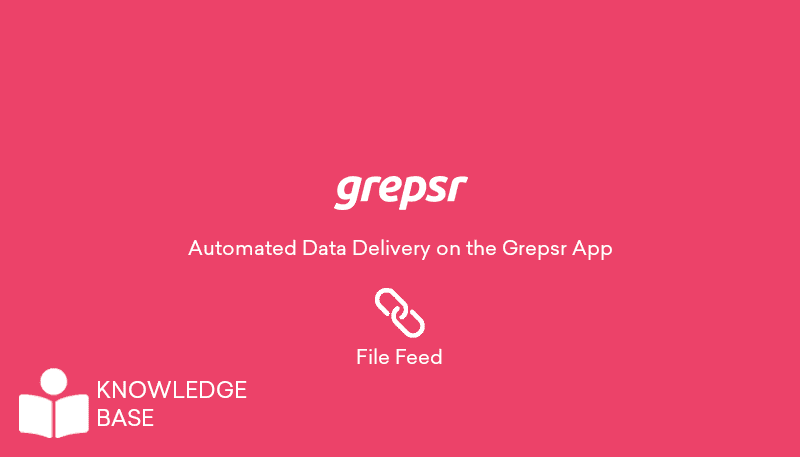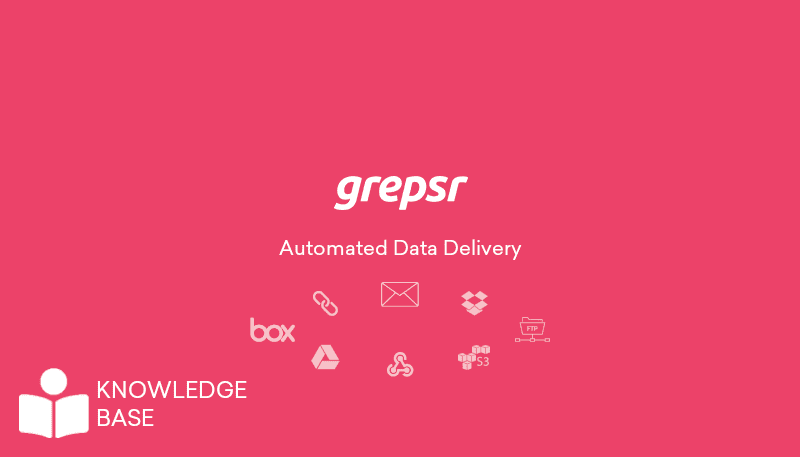
Google’s March 2024 update shook things up. Big names like Urban Dictionary and Oprah Daily took a hit, while platforms like Reddit and Quora surged ahead.
It’s a sign of the times: people are gravitating toward content that feels real, messy, and genuinely engaging.
And honestly, it makes sense. The way we search for information has changed. My own go-to? Type a query, slap on “Reddit” or “Quora,” and hit enter.
Nine times out of ten, I’m rewarded with raw opinions, debates, and—every so often—some truly eye-opening insights.
That’s why we’re huge fans of Reddit Data Extraction.
Whether it’s digging into cultural trends, decoding your audience’s struggles, monitoring social buzz, or following discussions that span years, scraping Reddit opens up a whole new world of research opportunities.
Curious about this, I went down a Reddit rabbit hole myself. I wanted to know: what are the coolest things people have done with web scraping?
Here’s what I found.
Disclaimer: We have paraphrased user comments to preserve clarity.
1. Web Scraping as Insurance
This is a clever and highly practical use of web scraping that taps into a very real problem many developers face. The user’s approach essentially acts as an “insurance policy” for their work.
After finishing a website, they run a script that takes full-page screenshots of all the important pages. This not only helps them keep track of the website’s initial state, but it also serves as a safety net when clients claim that something was broken or altered after the site was handed over.
This kind of documentation is especially useful in scenarios where clients make small changes that don’t visibly affect the design but might lead to unexpected problems down the road.
In these situations, the developer can easily reference the screenshots to prove how the site originally appeared—no guesswork, no confusion.
Plus, it comes in handy when returning to redesign a site, providing a solid benchmark to compare against.
What I like about this approach is how it combines the efficiency of web scraping with the practical need for clear documentation and client communication.
It’s one of those simple solutions that saves time, avoids misunderstandings, and helps maintain professional integrity.

2. Web Scraping for Pet Adoption
This is such a heartwarming and practical use of web scraping! The user took a common frustration—missing out on potential pet adoption opportunities due to the lack of a notification system—and turned it into a simple, automated solution.
By building a scraper that checks the rescue’s website every hour for new dog listings, they’ve effectively created a real-time alert system without waiting for the organization to implement one.
It’s not just about the technology here; it’s about turning a personal challenge into something that works for the user’s specific needs.
Instead of constantly checking the website or missing out on new posts, the scraper does all the work and ensures that they stay updated on new dogs available for adoption.
What’s especially nice about this approach is that it blends both the technical and emotional sides of web scraping—it’s a tool that helps someone find their new companion.
It’s a great example of how web scraping can be used in everyday life to solve real problems, not just business ones.
3. Web Scraping for Profit
This is a clever and straightforward application of web scraping with an entrepreneurial twist.
The user’s scraper is designed to give them a competitive edge in a high-demand market where products sell out quickly.
By automating the process of finding products on a retail site, the scraper acts as a sort of ‘first responder’, alerting them when a sought-after item is available.
This extra speed is key when competing with others for limited stock, making it a valuable tool for anyone looking to capitalize on scarce products.
What’s especially satisfying about this use case is how the user has turned a simple tool into a profitable venture.
By reselling the products they scoop up, they’re not just saving time —they’re making money.
It’s a great example of how web scraping can be more than just a technical skill; it can be a tool for entrepreneurial success.
The most rewarding part? Watching the results translate directly into cash—something that really showcases the practical power of automation.
Final Words
There’s plenty more where that came from. In the future, we’ll keep sharing more innovative web scraping use cases from everyday folks leveraging this tool to simplify their lives and boost their income.
But if there’s one takeaway from this post, it’s this: web scraping isn’t just about collecting data; it’s about automating repetitive tasks, saving time, and even profiting from it. Take our third Reddit user, for example, who turned a simple scraper into a side hustle.
And speaking of automation, let me introduce Grepsr.
Grepsr is a managed data extraction service specifically designed to handle web scraping at scale. It enables enterprise-level scraping from hundreds of sources, collecting millions of data points. All of this is made possible through our intuitive platform.
Moreover, you can easily schedule and run crawlers as often as you need. This ensures that accessing your datasets is both simple and effortless.
Therefore, if you’re looking to automate large-scale web data extraction, don’t hesitate to reach out. We are here to help!





